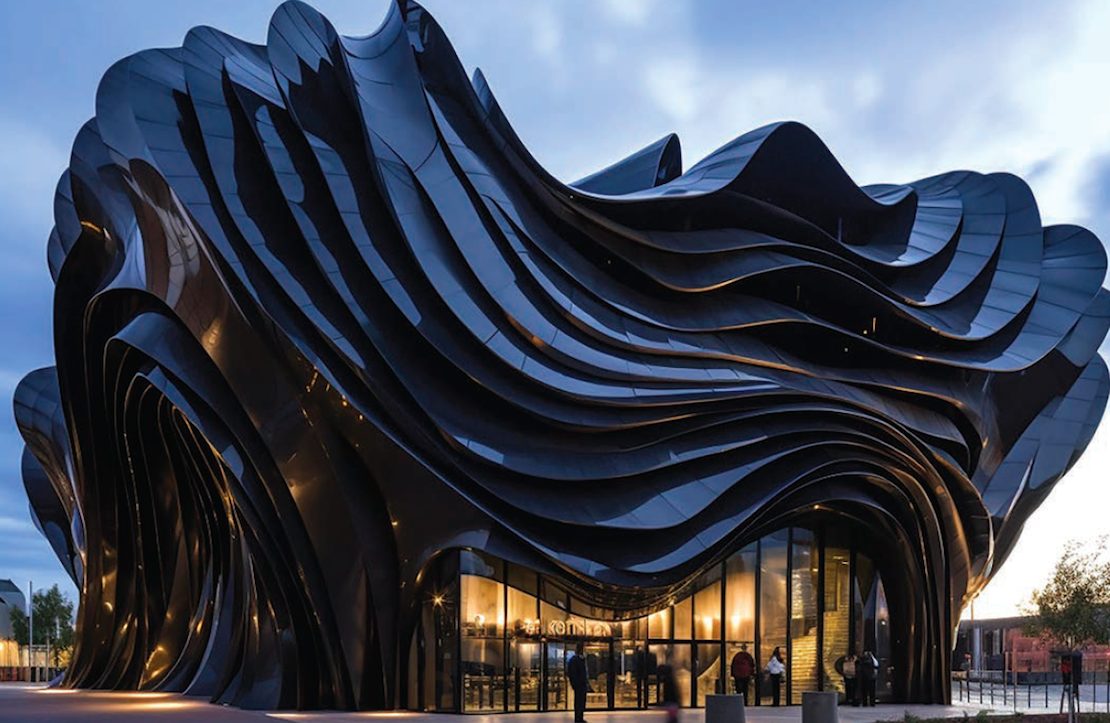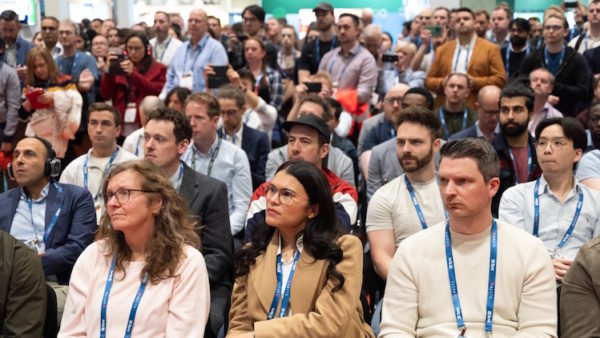
A new survey of more than 500 architects reveals that they are ready to adopt AI, but are worried about its future impact on fees and employment.
The Royal Institute of British Architects (RIBA) survey reveals that a majority of respondents (54%) agree that in two years, AI will have been adopted in their practices (although a quarter disagreed).
This anticipated adoption is not quite matched by investment, with 41% predicting their practice will invest in AI research and development.
A majority also agree that AI will be used to carry out environmental sustainability analysis (57%) and that it will improve efficiency in architectural design (57%).
A near majority expect AI to enhance accuracy in modelling and simulations (49%). A significant minority expect AI to be integrated into bid creation and project management (41%) and will come to enhance the accuracy of their specifications (40%).
RIBA noted: “However, many of the comments received expressed the view that the role of AI will always be limited. For example, that AI could never be well-suited to considering the cultural, historical and social factors of design, nor the intricate spatial, structural or regulatory complexities of the design process, nor to make the subjective judgments of aesthetics and client preference.”
The most significant areas of concern are fees and employment. Just 15% of respondents think that AI will have a positive effect on fee income, and a clear majority (56%) believe the effect will be negative. A significant minority (46%) anticipate negative effects on employment opportunities and only 22% see positive effects here.
Critical yet optimistic mindset
The survey included this mildly surprising statistic: nearly half of the respondents never or rarely create and maintain building models in accordance with ISO 19650.
Muyiwa Oki, current RIBA president, said: “As we stand at the intersection of innovation and tradition, the decisions we make about the integration of AI into architectural practice will have profound implications for the trajectory of our profession and the built environment.
“It is essential that we approach AI with a critical yet optimistic mindset, recognising its potential to unlock new possibilities for innovation and creativity in architecture.
By fostering interdisciplinary collaboration and embracing a culture of responsible innovation, we can harness the power of AI to create more inclusive, resilient and sustainable built environments for all.”
Don’t miss out on BIM and digital construction news: sign up to receive the BIMplus newsletter.














